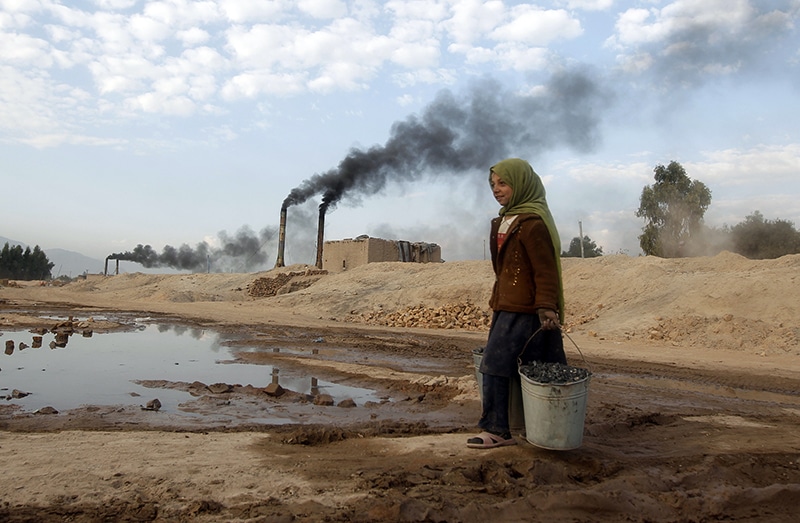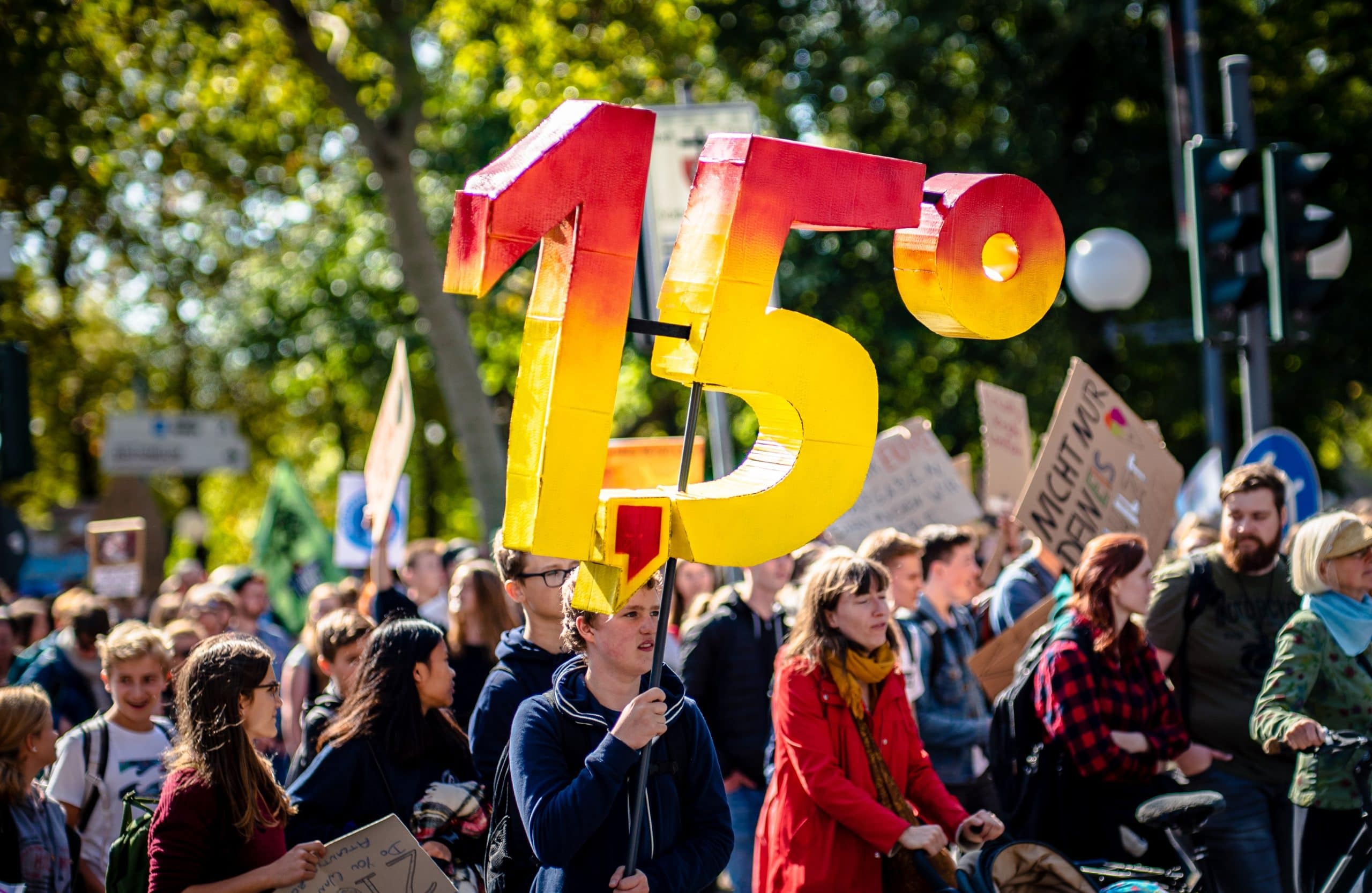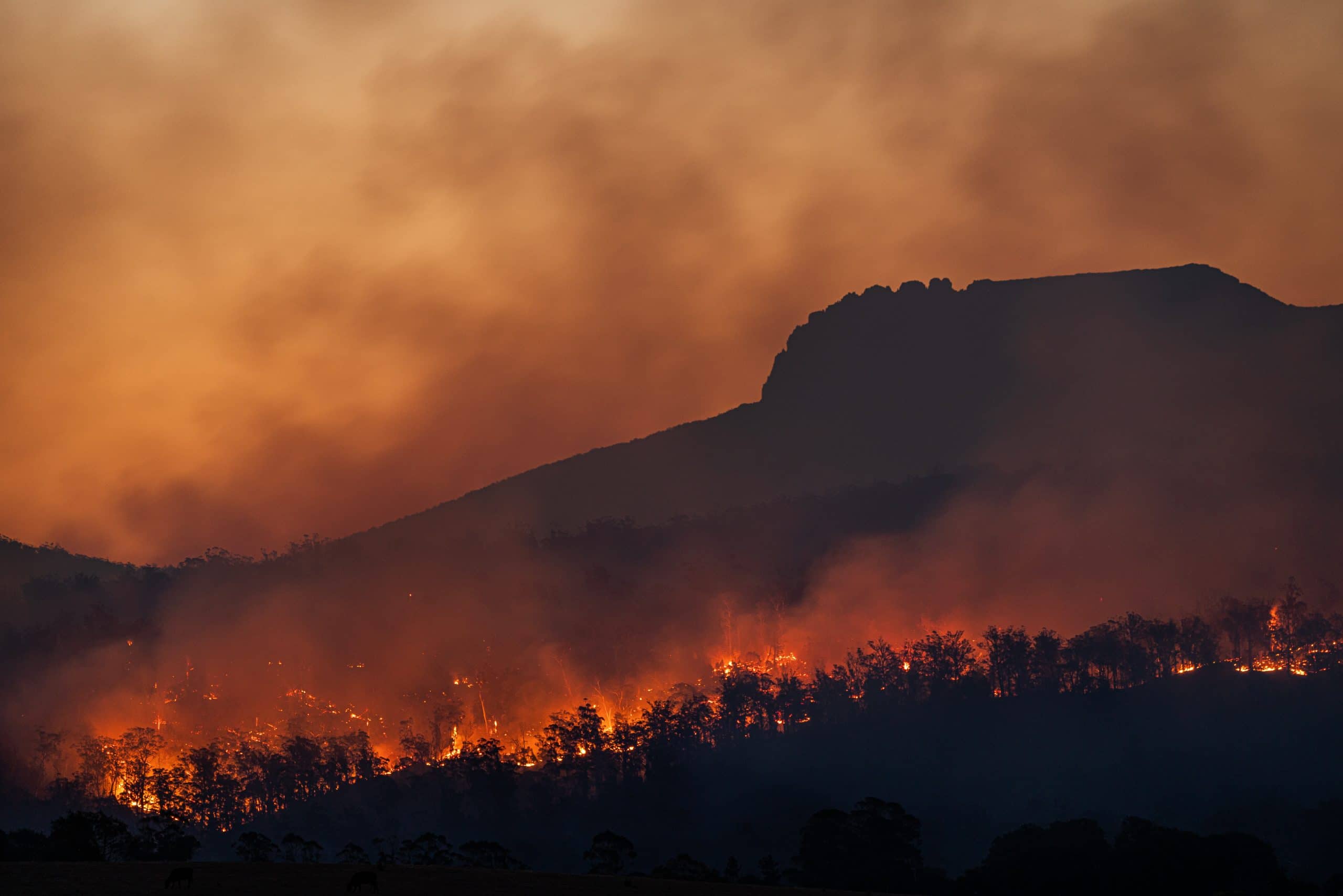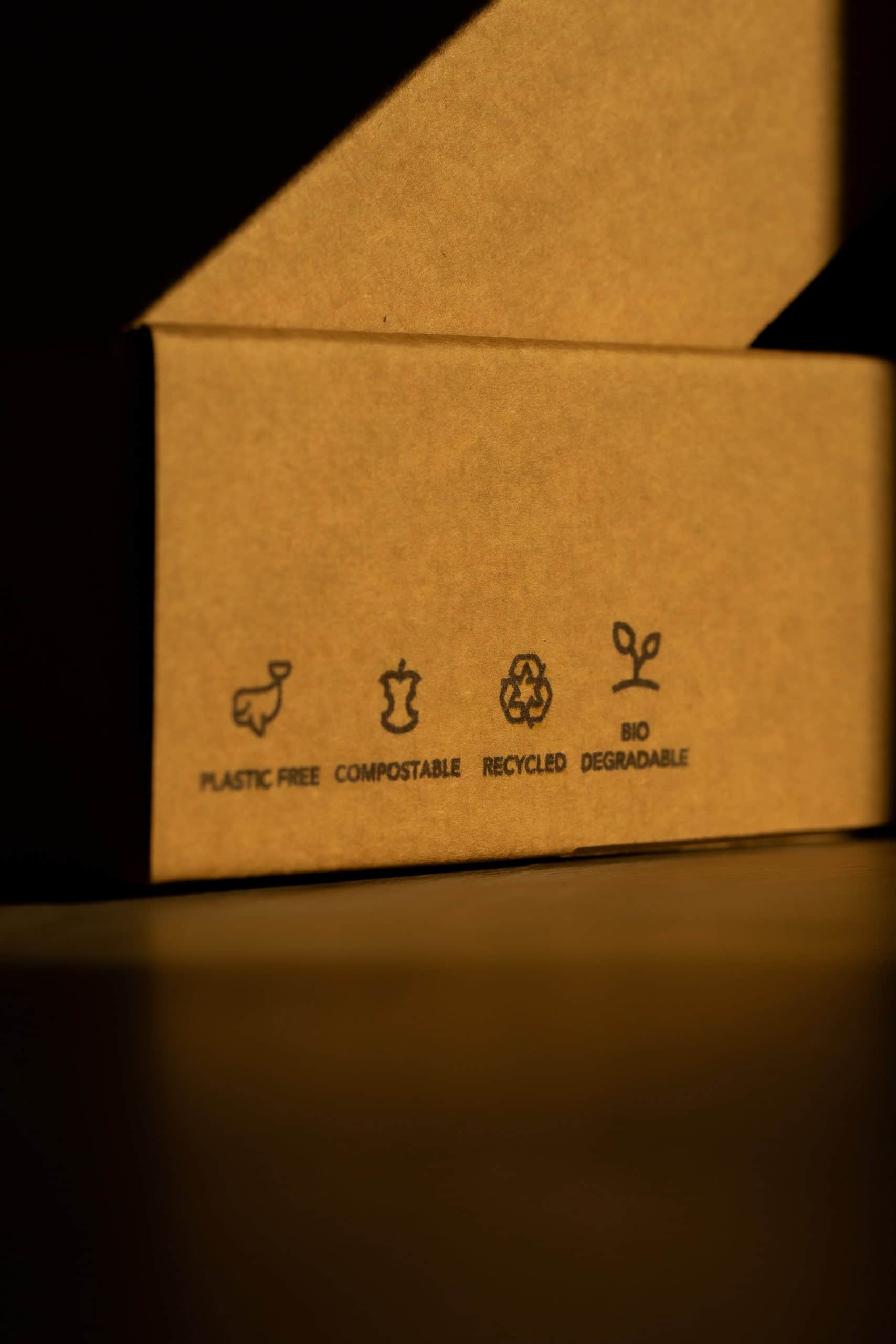#Current Affairs
COP26, The Climate Emergency, And The Muslim Contribution
Published

As countries across the world come to terms with COVID-19 as still a significant threat to global public health, we are facing yet another ‘code red for humanity’ – the climate crisis. Furthermore, we are approaching The Anthropocene: a new geological epoch in which humans are the dominant force influencing the climate and environment of our planet.

We’ve already seen global warming manifest in the form of observable effects on the environment (extreme weather events, rising sea levels, shifting of plant and animal ranges, etc.) and as we’ve been repeatedly forewarned, the worst is yet to come.
Keep supporting MuslimMatters for the sake of Allah
Alhamdulillah, we're at over 850 supporters. Help us get to 900 supporters this month. All it takes is a small gift from a reader like you to keep us going, for just $2 / month.
The Prophet (SAW) has taught us the best of deeds are those that done consistently, even if they are small. Click here to support MuslimMatters with a monthly donation of $2 per month. Set it and collect blessings from Allah (swt) for the khayr you're supporting without thinking about it.
In her book This Changes Everything: Capitalism vs. The Climate, author and social activist Naomi Klein says, “It is a civilizational wake up call. A powerful message – spoken in the language of fires, floods, droughts, and extinctions – telling us that we need an entirely new economic model and a new way of sharing this planet.”
For a human-induced crisis currently at its climax, there has been a disappointing schism in the relationship between the Muslim community and environmental attitudes. What Muslims don’t recognize however, is that The Quran and Prophetic traditions dictate that humans -as the superior species- are both morally and duty-bound to care for the planet. In fact, an ecological framework has already been set, which mandates the protection of this earth, its inhabitants, and natural resources – and it is in Islam.
The Islamic obligation of guardianship
وَهُوَ ٱلَّذِى جَعَلَكُمْ خَلَـٰٓئِفَ ٱلْأَرْضِ وَرَفَعَ بَعْضَكُمْ فَوْقَ بَعْضٍ دَرَجَـٰتٍ لِّيَبْلُوَكُمْ فِى مَآ ءَاتَىٰكُمْ ۗ إِنَّ رَبَّكَ سَرِيعُ ٱلْعِقَابِ وَإِنَّهُۥ لَغَفُورٌ رَّحِيمٌۢ
And it is He who has made you stewards upon the earth and has raised some of you above others in degrees [of rank] that He may try you through what He has given you. Indeed, your Lord is swift in penalty; but indeed, He is Forgiving and Merciful [6:135]
This verse from Surah Al-An’am (The Cattle) is almost always the first and most quoted when it comes to discussions revolving around the Muslim relationship with our planet, and rightfully so. The primary tenet which guides Islamic teaching on environmental sustainability is the concept of khilafah – stewardship. As custodians of nature, we bear the responsibility of caring for what is not truly ours, but has been entrusted to us by our Creator –only for a time.
The UNDP Human Development Report 2020 further cements this principle by arguing that “… to navigate the Anthropocene, humanity can develop the capabilities, agency, and values to act by enhancing equity, fostering innovation, and instilling a sense of stewardship of nature…if these become central to what it means to live a good life, then human flourishing can happen alongside easing planetary pressures.”
As Muslims, the enormity is trust is not to be understated, and is the exclusive privilege endowed on mankind. We will be held accountable for how we have cared for the planet in conformity with Allah’s 
It can be said therefore, that taking action on climate change with regards to our role as guardians of the earth, is very much an Islamic obligation.
Climate change and social inequality in Muslim communities
Although felt globally, many Muslim-majority countries in particular are bearing the brunt of the adverse effects of planetary changes, with developing nations carrying a significant percentage of the Muslim population. While climate colonialism and the disparity between wealthier countries and poorer nation states on the issue of climate change is a whole other conversation to be had in itself, it is widely acknowledged that developing countries as well as poor and marginalized communities are disproportionately more affected by environmental degradation (in lacking the resources, awareness, and financial stability) than their developed counterparts – even though they have contributed least to the problem.

It can be derived then, that the climate crisis when viewed systemically, is a moral issue of adl – social justice.
“Be upholders of justice, bearing witness for Allah alone, even against yourselves or your parents and relatives, whether they are rich and poor. So do not let your desires cause you to deviate ˹from justice˺. If you distort the testimony or refuse to give it, then ˹know that˺ Allah is certainly All-Aware of what you do. ” [Surah An-Nisa:135]
Additionally, the Prophet 
Staying true to the legacy social justice in Islam, the above verses and hadith (among others) make clear that if developing Muslim countries –or even one community alone!-are feeling the effects of climate change, we should be concerned enough to be moved to action.
Unsustainable consumption as a major climate change trigger
It has become inevitable that the things we buy contribute –either directly or indirectly- towards climate change; be it through biodiversity loss, pollution, resource depletion, etc. Countries with the highest rates of consumerism have up to 5.5 times the environmental impact as the world average, and so, the current climate emergency can most certainly also be viewed from the lens of capitalism and as a manifestation of economic growth.
Growth without limits has exceeded the carrying capacity of the Earth, and to disproportionately over-consume goes against the teachings of moderation and mizan -balance in Islam.
And the heaven He raised and imposed the balance. So that you do not defraud the scales. And establish weight in justice and do not make deficient the balance. And the earth He laid [out] for the creatures. [Surah Ar-Rahman:7-10]
Allah 
The way forward
The numerous buzz phrases being thrown about (‘subsidizing renewable energy industries’, ‘keeping fossil fuels in the ground’, ‘negative emissions’, etc.) can arouse in individuals both cynicism for and personal detachment from the table where these larger discussions are taking place, but as Muslims we can never justify absolution from the topic of environmentalism when faced with the deep ecology of our faith.
In his book Signs on the Earth – Islam, Modernity, and the Climate Crisis, author and founder of the Islamic Foundation for Ecology and Environmental Sciences (IFEES) stipulates that the Islamic approach to the environment calls from the three-pronged view:
-To approach the Earth as sacred and identify how through abusing it we have desacralized our understanding of it. Hence we can rediscover what it is that we have lost in the process.
-To formulate an ethical understanding of our relationship with the natural world and build a knowledge base that enables us to resolve the immediate crisis and motivates us to lay down a basis for long term behavioral change.
-To look at this through the prism of political economy and discover what it is that an Islamic approach to this subject can do to both improve our understanding of the current malaise and provide answers to how we can create a model of wellbeing without having to subvert our own existence.
Climate action as fard al-ayn (individual obligation)
Every individual and household has a measurable carbon footprint, and it isn’t too difficult to invest in small (yet consistent) greener actions to reduce this footprint.
“The most beloved of deeds to Allah are those that are most consistent, even if it is small.” [Bukhari]
Don’t drive when you can walk, or even consider carpooling options. Carry a thermos flask for that take away coffee on-the-go. Reduce your energy use in the home or workplace. Go meat-free at least once a week, or choose to consume smaller portions of meat. Create a lifestyle where you can refuse non-biodegradable consumables. Where you can combine your online purchase to reduce the environmental footprint of multiple deliveries, do. Re-think where you can cut consumption and waste generation. Look up carbon offsetting schemes that find sustainable development projects or natural solutions. For people around you, explain your choices positively so that they may potentially follow suit.
As an individual, think about how you can increase your contribution to the circular economy; one that revolves around the regeneration of waste. Admittedly, buying from sustainable brands can be expensive, but consider reduction, reuse, and repair of products where possible.
Climate action as fard al-kifaya (collective obligation)
Every Islamic organization and institution must be involved in environmental protection. With nearly 2bn Muslims the world over, and more than 50 independent Muslim countries worldwide, the lack of awareness and action on the environmental agenda is severely disappointing; despite being deen-bound to take responsibility for our planet.
Pressure your local masjid to speak more about, and incorporate eco-friendly practices among the community. Insist that Muslim organizations and companies make more sustainable changes to their operations.
The economic policies of a country have a major influence on its carbon footprint, and in our current desperate state, what we need most is a deeper structural change from governments. Muslim-majority countries in particular hold the stronger obligation to actively work to influence global policies on climate change.
Yet, individuals hold the power to hold these authorities to account. Demand legislation in favor of a more sustainable future, cast your vote in support of governments willing to make stronger commitments towards climate financing and decarbonization, and call out those that do not.
Humanity has failed to make sufficient progress in solving the environmental challenges we have come face-to-face with today, where Science has always directed action. When it comes to Muslims, we should be directed by our faith that has always compelled us to do so.
Keep supporting MuslimMatters for the sake of Allah
Alhamdulillah, we're at over 850 supporters. Help us get to 900 supporters this month. All it takes is a small gift from a reader like you to keep us going, for just $2 / month.
The Prophet (SAW) has taught us the best of deeds are those that done consistently, even if they are small. Click here to support MuslimMatters with a monthly donation of $2 per month. Set it and collect blessings from Allah (swt) for the khayr you're supporting without thinking about it.
Shaahima is a writer and staff editor at MM.


The Sandwich Carers: Navigating The Islamic Obligation Of Eldercare

Far Away [Part 4] – A Safe Place

Why I Can’t Leave Surah Al-Mulk Hanging Every Night

The Muslim Book Awards 2025 Winners

Op-Ed: Understanding The Somaliland Recognition Decision – A Counterargument To The Prevailing Muslim Consensus

Restoring Balance In An Individualized Society: The Islamic Perspective on Parent-Child Relationships

Ahmed Al-Ahmed And The Meaning Of Courage

Faith and Algorithms: From an Ethical Framework for Islamic AI to Practical Application

Far Away [Part 1] – Five Animals

The Limits Of Obedience In Marriage: A Hanafi Legal Perspective

[Dhul Hijjah Series] Calling Upon the Divine: The Art of Du’a (Part 1)

IOK Ramadan 2025: Four Steps | Sh Zaid Khan

IOK Ramadan 2025: Do Your Best | Sh Zaid Khan

IOK Ramadan 2025: Giving Preference to Others | Sh Zaid Khan

IOK Ramadan 2025: Which Group Are We In? | Sh Zaid Khan
Trending
-
#Islam3 weeks ago
Restoring Balance In An Individualized Society: The Islamic Perspective on Parent-Child Relationships
-
#Current Affairs4 weeks ago
Ahmed Al-Ahmed And The Meaning Of Courage
-
#Life1 month ago
AI And The Dajjal Consciousness: Why We Need To Value Authentic Islamic Knowledge In An Age Of Convincing Deception
-
#Culture1 month ago
Moonshot [Part 32] – FINAL CHAPTER: A Man On A Mission









Meena Malik
November 15, 2021 at 7:10 PM
Hopeful for systemic change because individual-based choices get us nowhere near far enough.
Ibtisaam
November 20, 2021 at 10:23 AM
The problem is the capitalist system. Without riba (forbidden in Islam), private car ownership would be negligible and credit fuelled consumerism non existent. Limited liability on which corporatism and MNCs are based, is also haraam. Fix the economic system (by abstaining), fix the planet. Also empowering women, so that they have other things to do besides having babies.